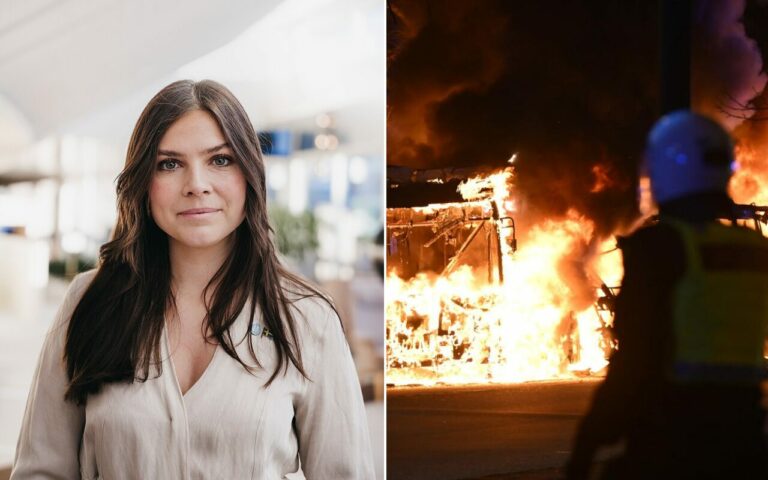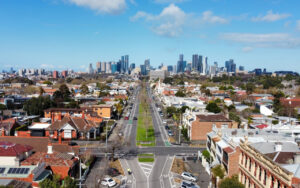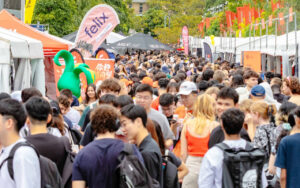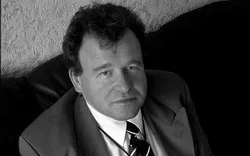A Swedish politician has apologised to voters for her previous open borders attitudes, saying she now favours stricter immigration policies than ones she used to vigorously oppose.
Louise Meijer, an MP for the Moderate party which is in minority government with the anti-immigration Sweden Democrats, wrote an opinion piece for Expressen this week declaring she had “changed her mind” on the issue.
Citing crime and the failure of immigrants to integrate into Sweden, Ms Meijer, who said she once “took a stand for openness and ‘refugees welcome’,” wrote:
“I then opposed the restructuring of migration policy to a stricter line that took place within the Moderates.
Now, instead, I am advocating an even stricter migration policy than the one I opposed at the time.”
She said that Sweden is a “completely different country than it was at the end of the 20th century” due to accepting more immigrants than anywhere else in the Western world per capita.
“More than a third of Sweden’s population has a foreign background. In 1987, the corresponding figure was 11 per cent,” she wrote.
“About 20 per cent of our inhabitants are of non-European and non-Western descent..
“Only France, the United Kingdom and the Netherlands can show a similar figure, but the structure of immigration in these countries is linked to immigration from former colonies.”
Vi var många som hade fel om invandringen. Jag erkänner det och har ändrat mig.
Kan vi lita på Socialdemokraterna när Magdalena Andersson inte kan göra samma sak, skriver Louise Meijer (M).https://t.co/ZAkVgPFe9T— Expressen Debatt (@ExpressenDebatt) March 9, 2024
Ms Meijer pointed to a number of municipalities where more than half the residents are of immigrant background, and said this has caused major problems and resulted in unwanted changes.
“Large parts of the group of immigrants are not self-sufficient. People of foreign origin largely commit serious organised crime. The honour culture, separatism and Islamism are limiting and dangerous,” she wrote.
“A high level of migration in a relatively short period naturally affects the possibility of integration. The conditions for integrating people into Swedish society are becoming more difficult as immigration increases.
“This leads to exclusion that is burdensome, both for the people who live in it and for society as a whole.”
Ms Meijer also advocated for a remigration-style policy similar to that outlined by Austrian nationalist Martin Sellner.
“Those who do not want to adapt and integrate should not stay in Sweden. Expulsion or repatriation should then be a real alternative,” she argued.
“It has become clear, for Sweden to be as good a country as possible for all the people who live here, we must have minimal asylum immigration here for the foreseeable future. It is needed for our country to hold together.”
Sweden now has the highest levels of gangland killings in Europe, the second-highest gun death rate per capita after Albania, and immigrants are overrepresented in the country’s crime statistics.
Violent migrant riots have also broken out regularly across Sweden in recent years, with large-scale unrest erupting in immigrant-dominated cities in 2020, 2022 and 2023 in response to anti-Islam protests.






















